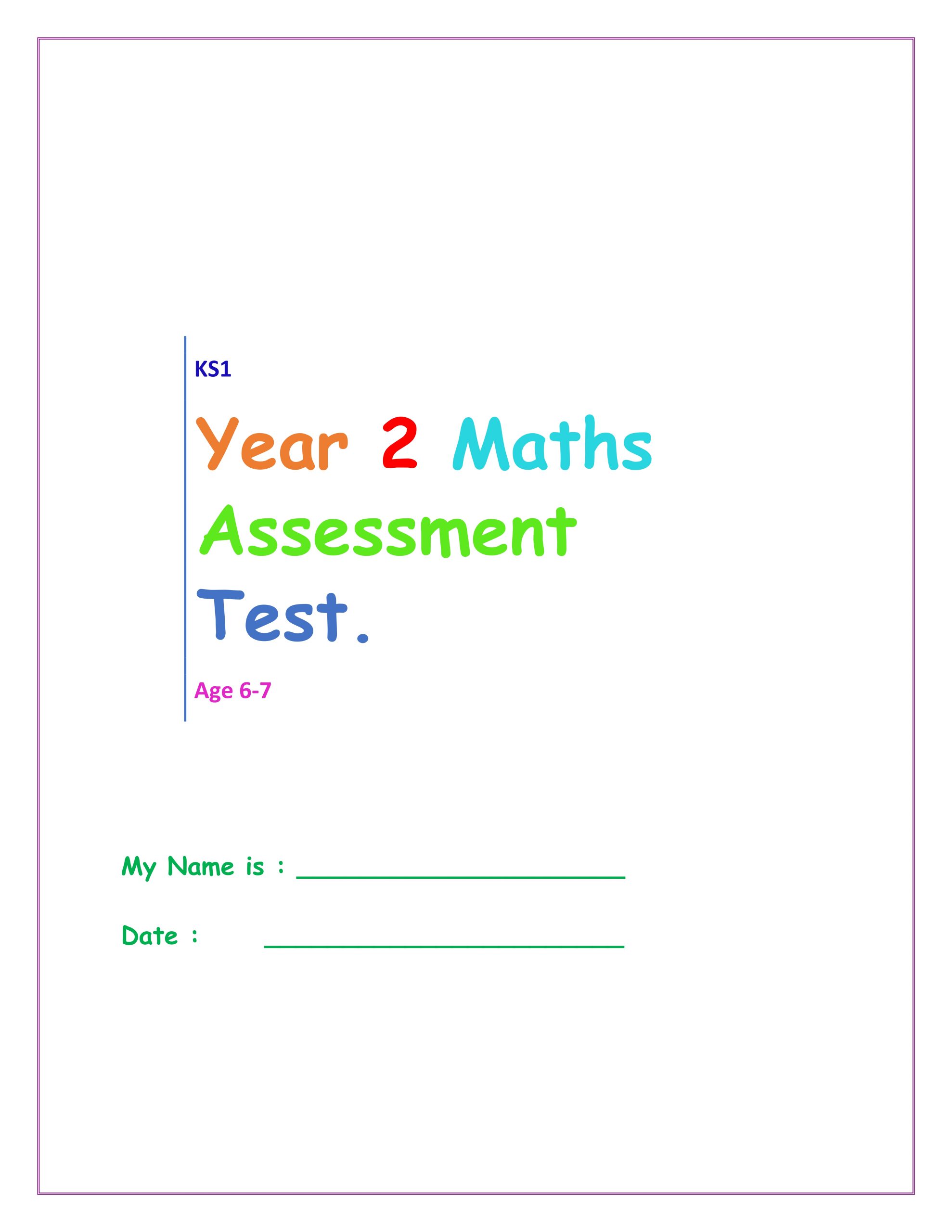Contents
What are the names of British Coins?
British coins consist of 1p, 2p, 5p, 10p, 20p, 50p, £1 and £2.
What are the names of British Notes
British notes consist of £5p, £10, £20, £50.
British Coins and Notes Quiz

How can I teach my child the value of money?
Teaching your child the value of money is an important life skill that can set the foundation for responsible financial behavior. Here are some practical tips to help you teach your child about money:
Start Early: Introduce the concept of money at an early age. Even young children can begin to understand basic ideas about earning, saving, and spending.
Use Real Money: Allow your child to handle real money. Use coins and small bills to teach them about different denominations.
Set a Good Example: Children often learn by observing. Be a positive role model by demonstrating responsible money habits. Show them how you budget, save, and make thoughtful spending decisions.
Give Them an Allowance: Consider giving your child a regular allowance. This allows them to manage their money and make decisions about spending and saving within a controlled environment.
Create a Savings Jar: Have a savings jar or piggy bank where your child can deposit their allowance or any money they receive as gifts. This helps them understand the concept of saving for future goals.
Teach Budgeting: Help your child create a simple budget. Discuss their spending priorities, such as saving for a toy, buying treats, or setting money aside for long-term goals.
Introduce the Three Jars Method:Divide their allowance into three jars: one for saving, one for spending, and one for sharing (donating or helping others). This teaches them to allocate money for different purposes.
Discuss Purchases: When making purchases together, discuss the value of the items and the decision-making process. Help them understand the difference between needs and wants.
Play Money Games: Utilize board games or online games that simulate financial transactions. Games like Monopoly or educational apps can make learning about money fun.
Visit the Bank: Take your child to the bank and explain how savings accounts work. Help them open a savings account to experience the process of saving money in a secure place.
Encourage Smart Choices: Teach your child to compare prices, look for discounts, and make informed decisions when spending money. This will help them develop a sense of value for their purchases.
Talk About Work: Explain the concept of earning money through work. Discuss your job and how it contributes to the family’s financial well-being. This helps them understand the connection between effort and reward.
Be Patient: Learning about money is an ongoing process. Be patient and encourage questions. Use everyday situations as opportunities to reinforce financial concepts.
Remember to tailor your approach based on your child’s age, as younger children will need simpler explanations and activities, while older children can grasp more complex financial concepts. The goal is to instill a positive and responsible attitude toward money that will benefit them throughout their lives.




